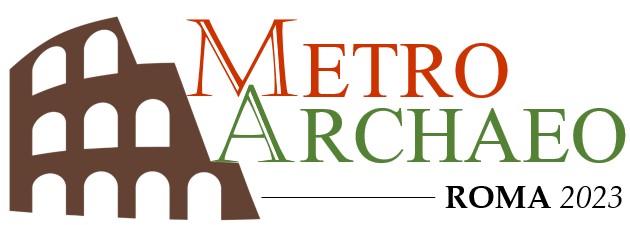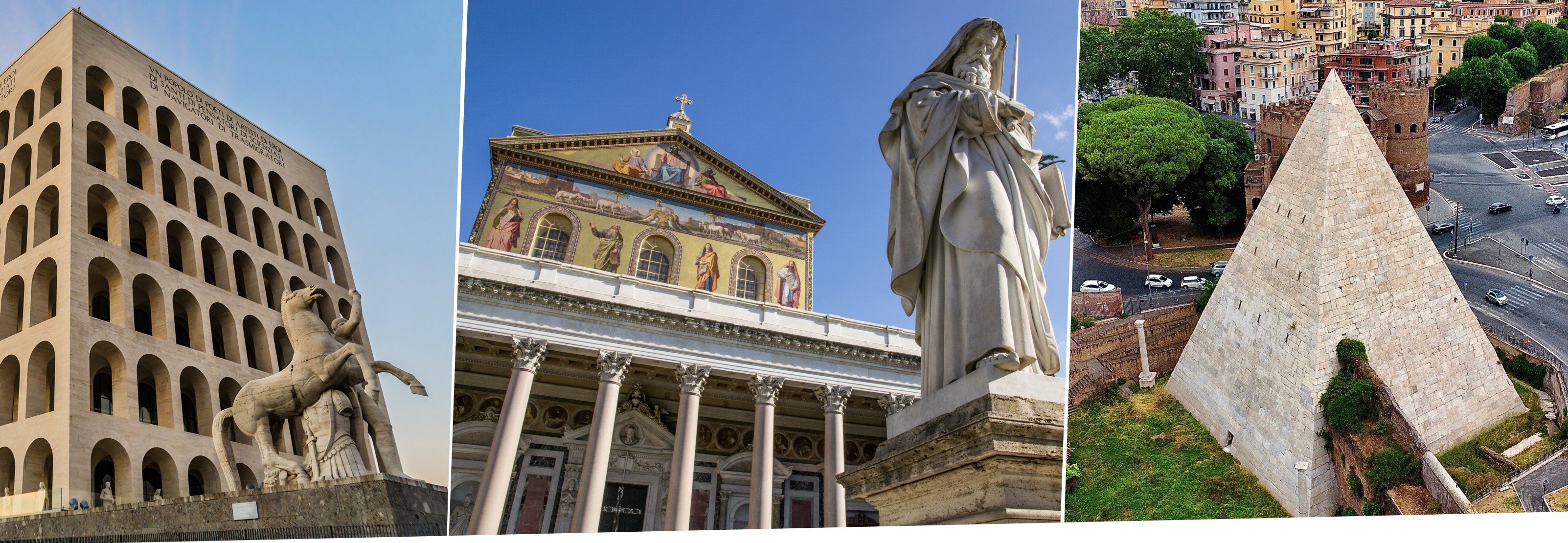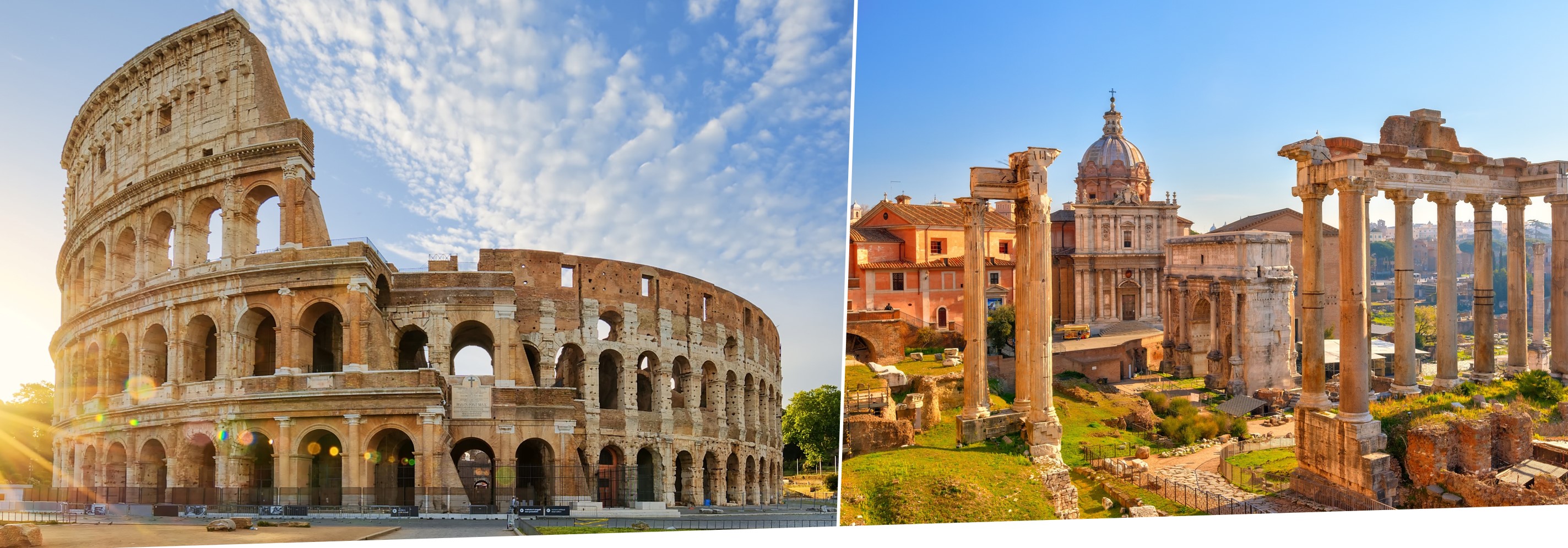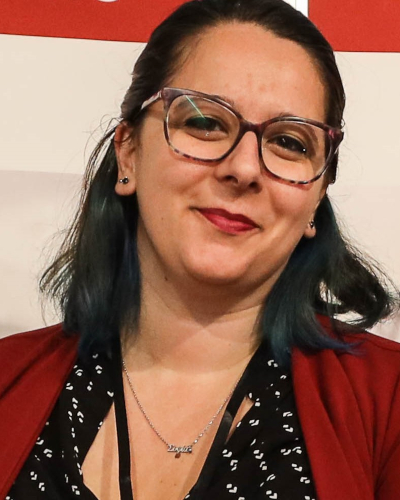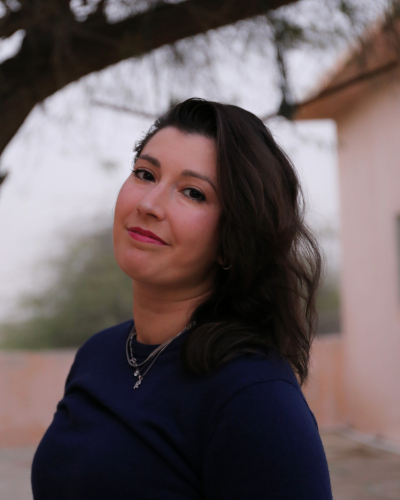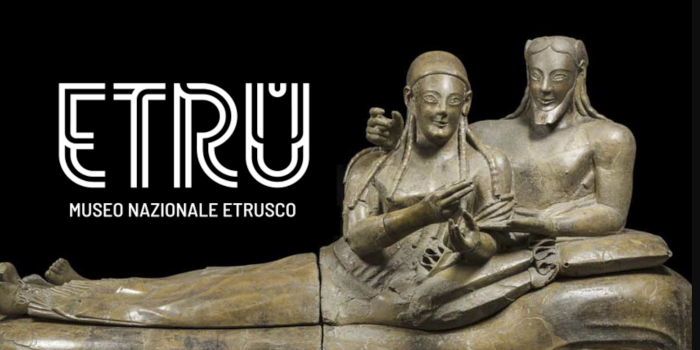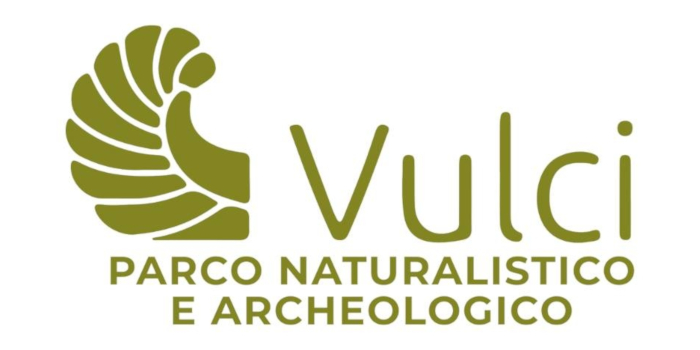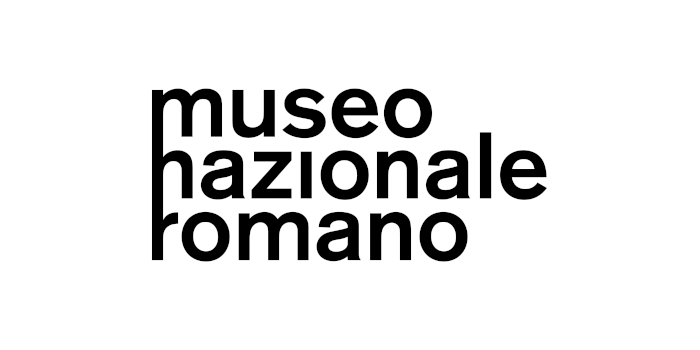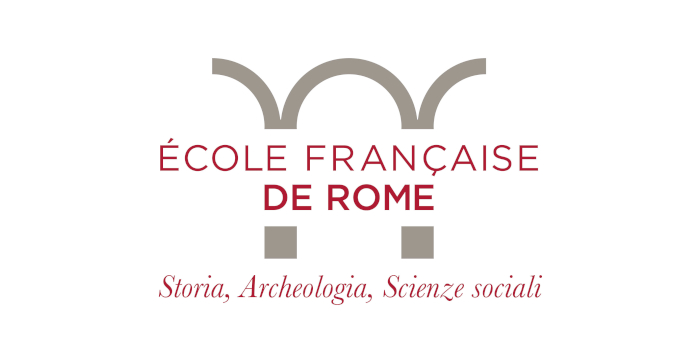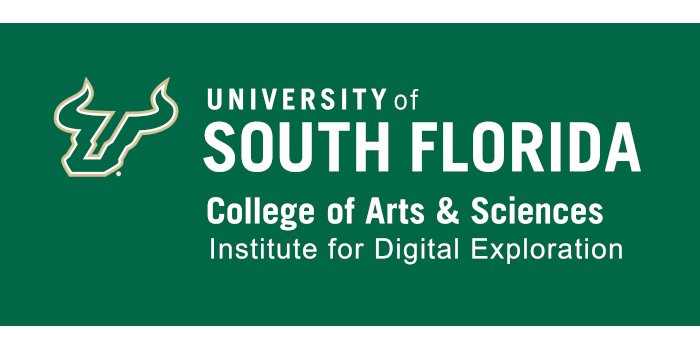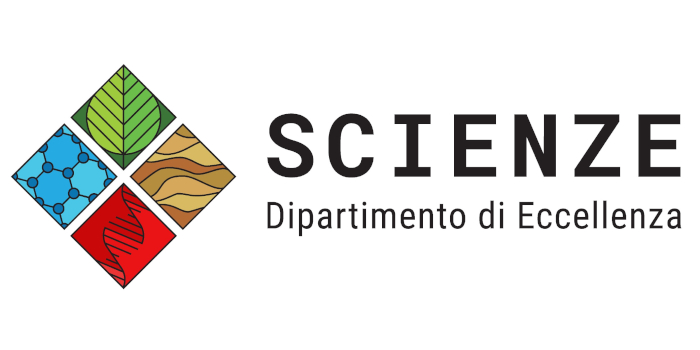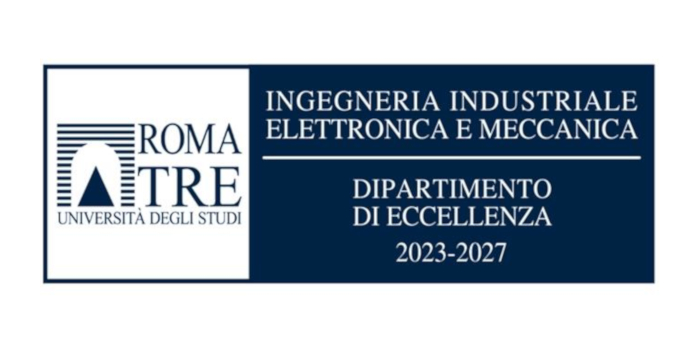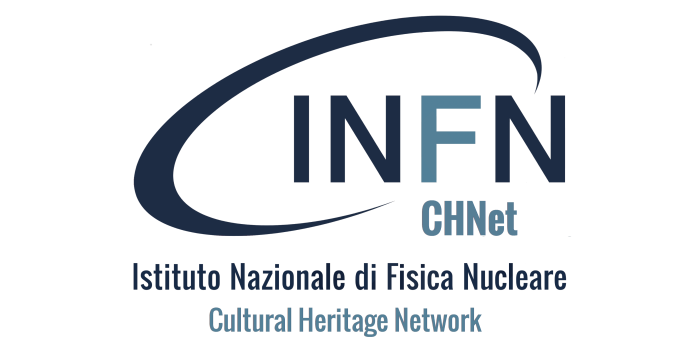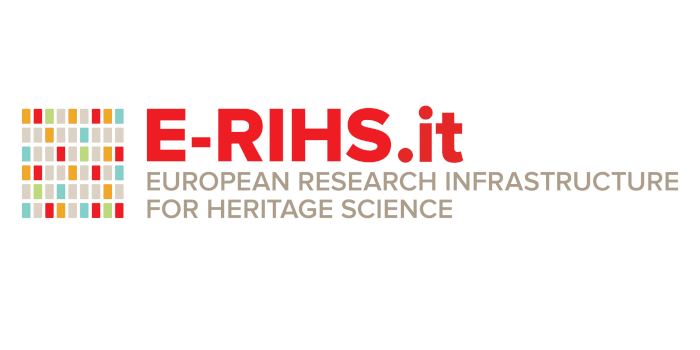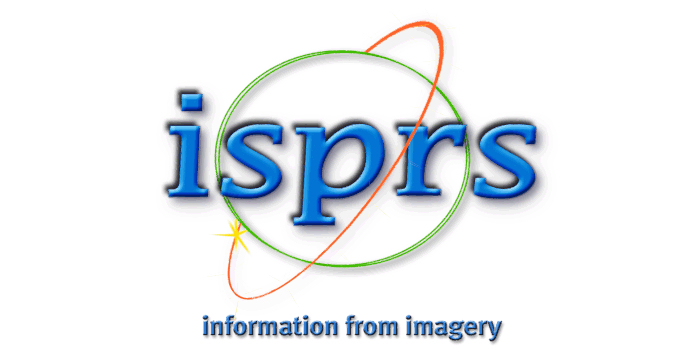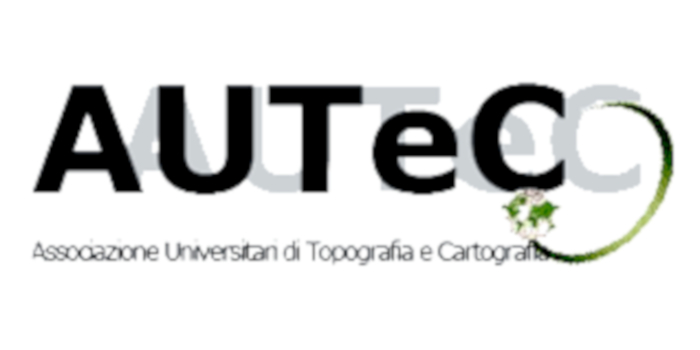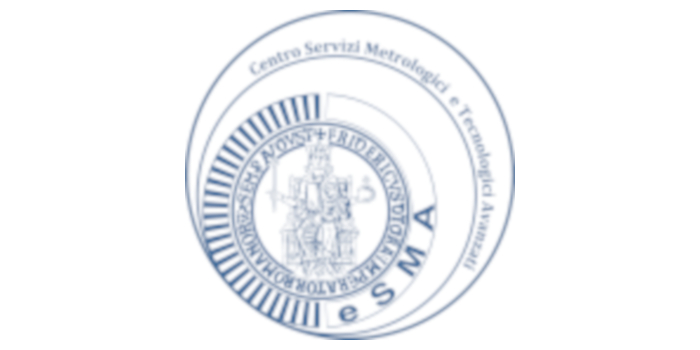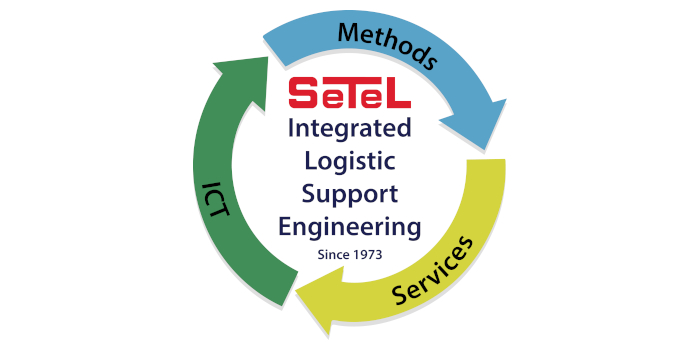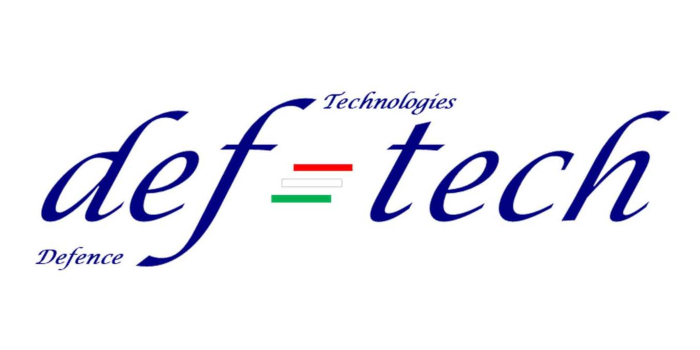SPECIAL SESSION #15
Digital tools in Cultural Heritage: 3D modelling and metaverse
ORGANIZED BY
Sofia Ceccarelli
CNR-ISPC, Italy
Roberta Manzollino
Università di Roma Sapienza, Italy
ABSTRACT
The global widespread use of computer science and 3D technologies in the field of cultural heritage has brought numerous transformations in the development of solutions for diagnostics, conservation and musealisation. In addition, various innovative elements result in communication improvement and in new forms of accessibility, cultural management and marketing. Every digital acquisition, achieved with different approaches such as photogrammetry, laser scanner, or CT-Scan, as well as every three-dimensional reconstruction, reality or source-based, could become exploitable in a virtual or immersive environment both by experts in the field and by a general public, thus becoming a tool to foster scientific research, valorisation and dissemination. If a virtual environment becomes immersive, interactive and collaborative, the user will then be able to move within it, acquire information and interact with objects on the scene and with other users. Immersivity and collaboration are the key elements of the metaverse, born for gaming applications with a potential to explore in the cultural heritage panorama. With this new approach, cultural experiences become accessible remotely in an entirely innovative, interactive waywith the challenge of maintaining scientific and academic coherence. The goal of this session is to gather experiences and methodologies on the 3D technologies and their applications to Cultural Heritage, including metaverse experiences or developing projects, promoting the exchange of ideas in a collaborative spirit.
MAIN TOPICS
Topics include, but are not limited to:
- 3D modelling: technologies and acquisition pipeline
- Rendering of structure and colour in 3D models
- Metaverse for CH applications
- VR, AR and XR
- Digital tools for accessibility and inclusiveness
- Interactive and virtual techniques for exhibition, communication and education
- Digital Archaeology
- Virtual anthropology and palaeontology
- Archaeobotany
ABOUT THE ORGANIZERS
Sofia Ceccarelli received the M.S. in Science and Technologies for Cultural Heritage Conservation from the Sapienza University of Rome in 2016 and the PhD in Industrial Engineering from the Tor Vergata University of Rome in 2022. Currently, she is involved in a research fellowship at the CNR Heritage Science Institute (ISPC) of Rome using Artificial Intelligence algorithms for the study of the visitors behaviour in a museal context. Her expertise fields comprehend multispectral imaging, 3D modelling and colour representation, web programming and design, developed in national research contexts, such as GARR, ENEA and CNR. She is author and co-author of about thirty publications in international journals.
Roberta Manzollino received the M.S. in Science and Technologies for Cultural Heritage Conservation from the Sapienza University of Rome in 2019 with a thesis on the connection between museum and virtual anthropology. Currently, she is a national PhD Student in Heritage Science, a program of Sapienza University aimed at improving understanding and interpretation, conservation and protection, management and sustainable use of tangible and intangible cultural heritage. She is involved in an interdisciplinary research project in collaboration with the Suor Orsola Benincasa University, the Institute of Mummy Studies of Eurac Research and the Interdepartemental Center of Research DigiLab - Sapienza University of Rome. Her expertise fields comprehend bioanthropology, 3D modelling and VR, computerised craniofacial reconstruction, communication and enhancement of ancient human remains.
